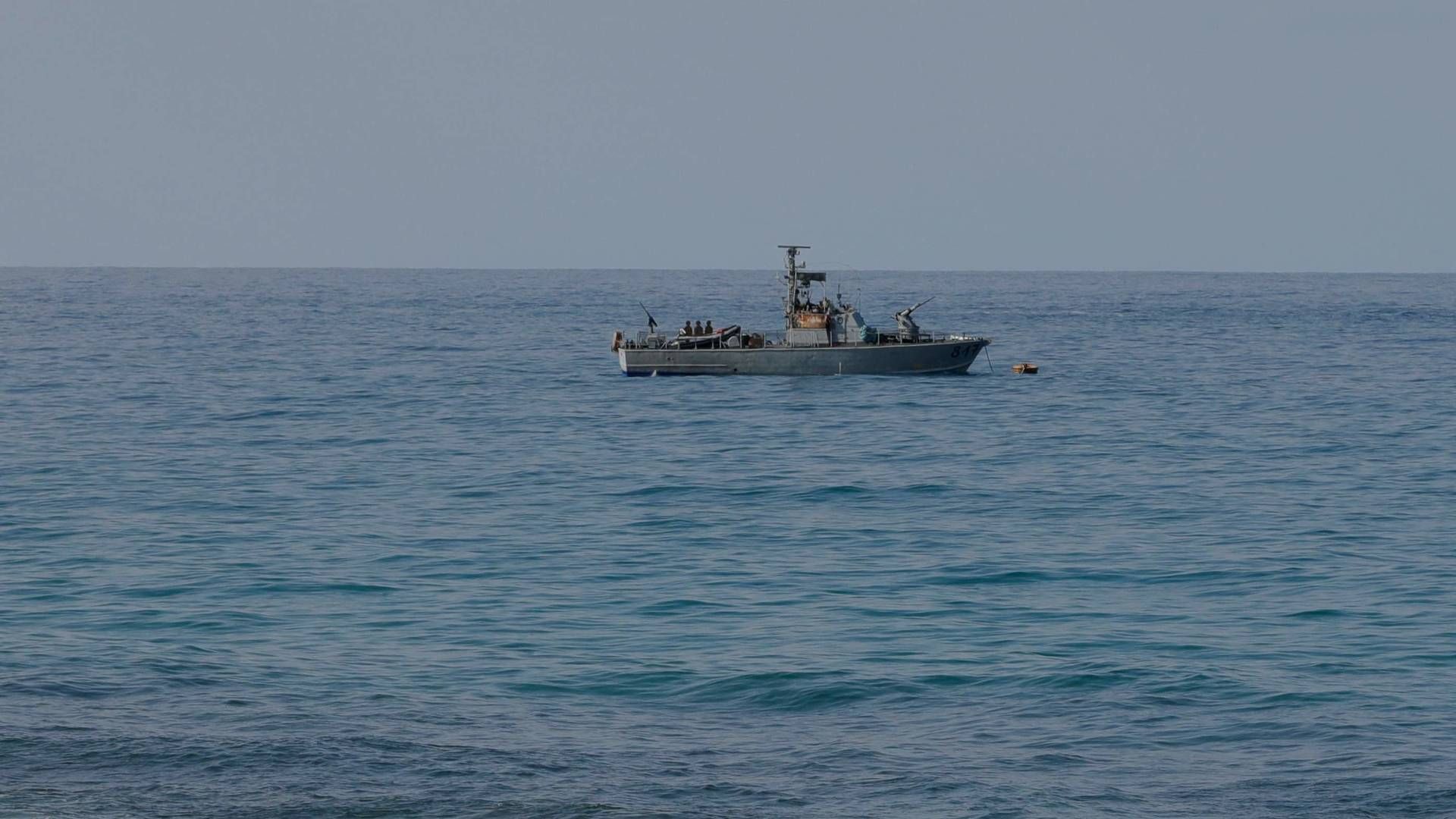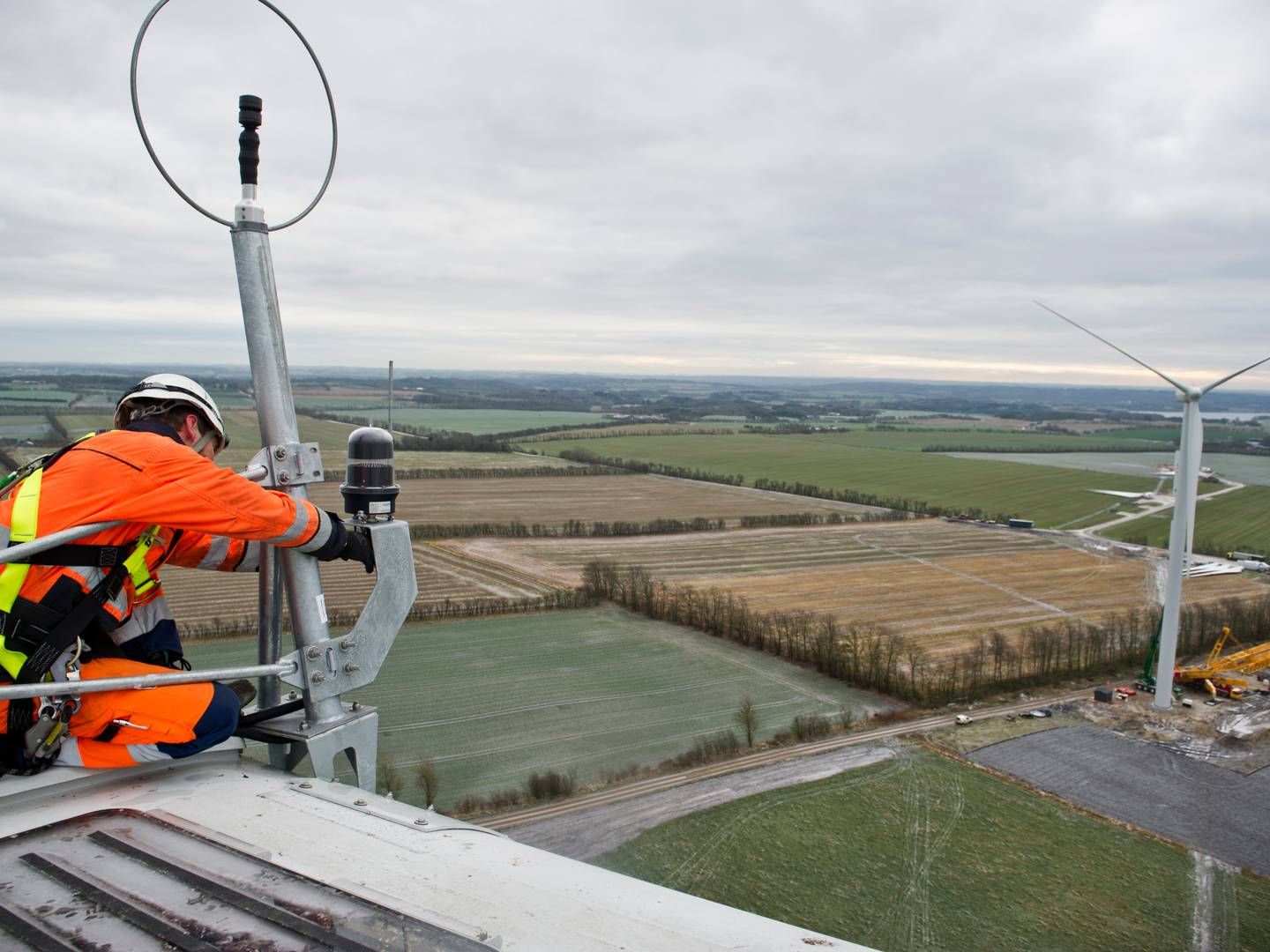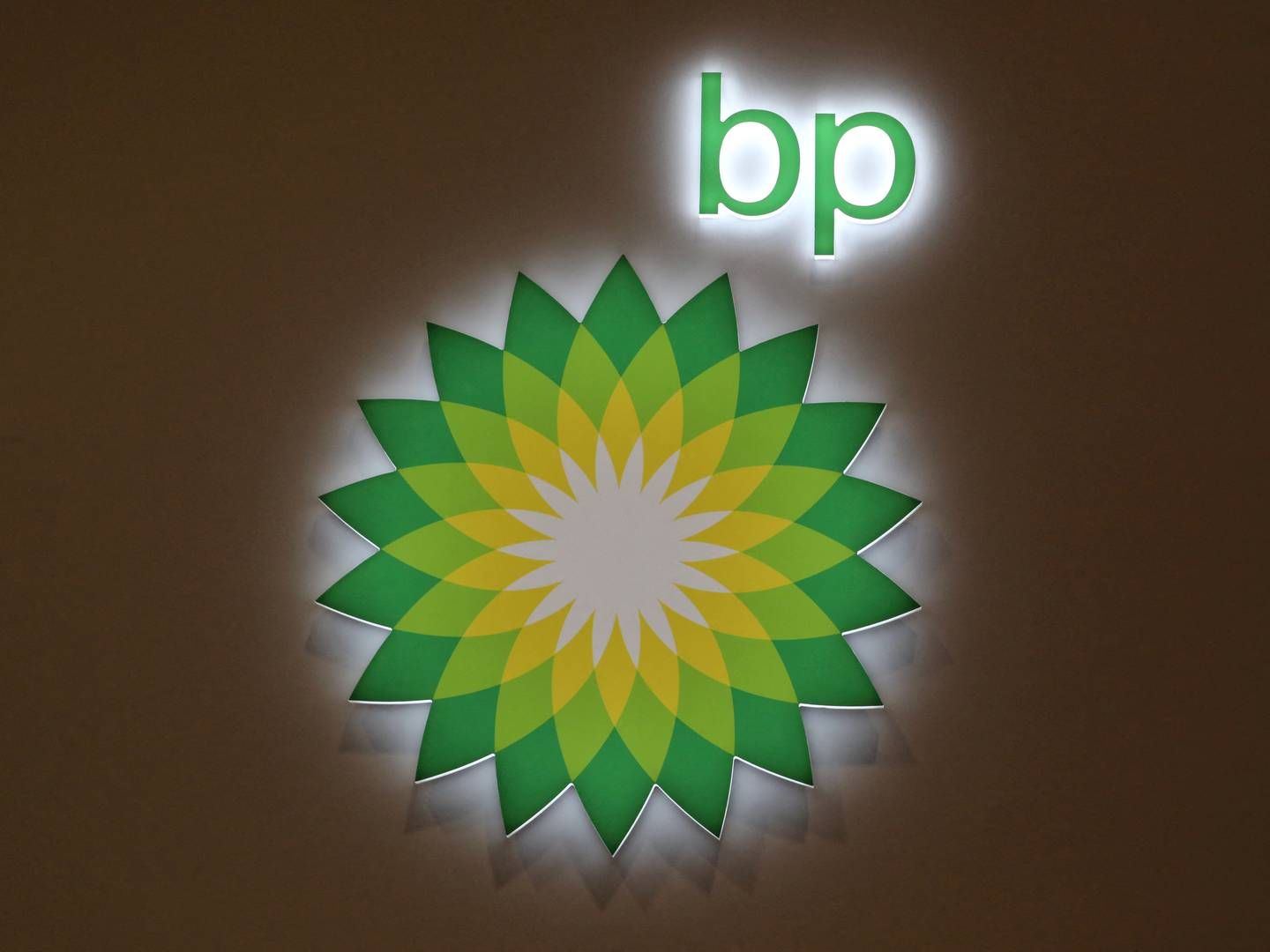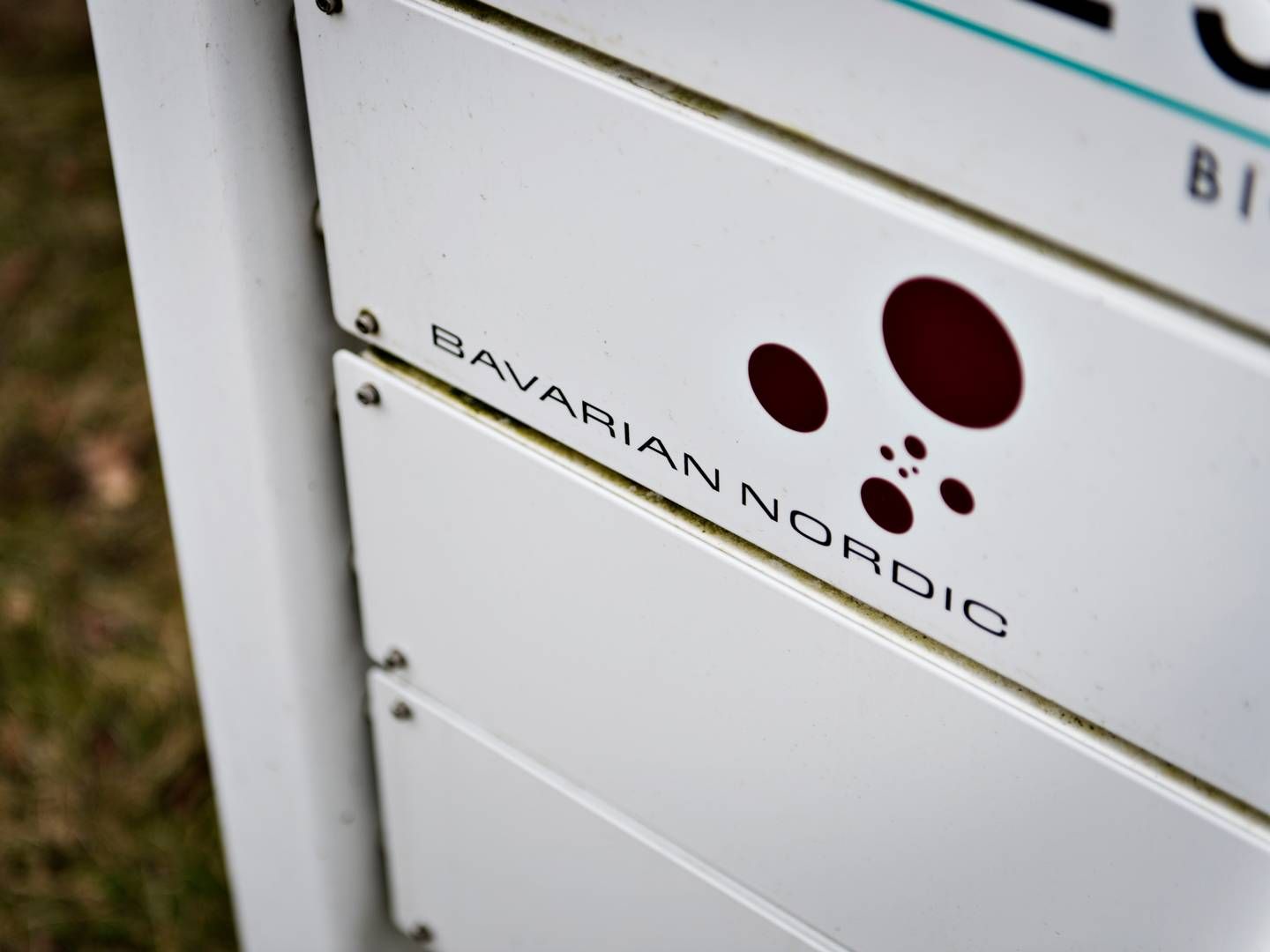Israel and Lebanon strike deal on maritime borders and gas production

After several years of negotiations, Lebanon and Israel have come to an agreement on maritime borders.
The new settles a long-standing dispute on which nation owns the rights for offshore gas extraction
”This is a historic achievement that will strengthen Israel’s security, inject billions into Israel’s economy, and ensure the stability of our northern border,” says Israeli Prime Minister Yair Lapid.
The two nations have a joint history of war and hostility. In fact, they are still technically at war.
US President Joe Biden congratulates Israel and Lebanon for coming to an agreement on maritime borders, concurring that this is a ”historic breakthrough”, according to news agency AFP.
The US has functioned as a mediator during the negotiations.
One of the major bones of contention during the negotiations was the gas field Karish. Israel maintains that this is located with its territorial waters, while Lebanon has laid claim to a part of it as well.
Militant group Hezbollah threatened to attack Israel if the deal didn’t ensure Lebanon gas extraction rights.
A source close to Hezbollah says that the group has accepted the terms of the deal.
The details remain under wraps, but some parts have been leaked to the press. Among other things, Israel will control the entire Karish field, while another potential gas field, Qara, will be shared.
Lebanon’s chief negotiator, Elias Bou Saab, calls the final deal ”a solution that satisfies both parties.”
Lebanon will now start investigating whether there is any potential for gas extraction within its maritime borders. The economic crisis of the past three years has made such efforts more urgent.
Lebanon hopes to be able to attract foreign investments and ensure a more stable power supply to the Lebanese people.
Israel already produces gas at sea close to Lebanon’s borders.
The agreement must be formally approved by the two nations before taking effect.
In Lebanon, approval will likely require signatures from the president, the prime minister and the speaker of parliament.
In this case, the deal will not be sent to parliament. Opposition lawmakers have criticizes the Lebanese government of making too many concessions to Israel.
The agreement does not touch of land borders between the two nations. Israel and Hezbollah have clashed several times on this issue in the past few decades.




















.jpg&w=384&q=75)


